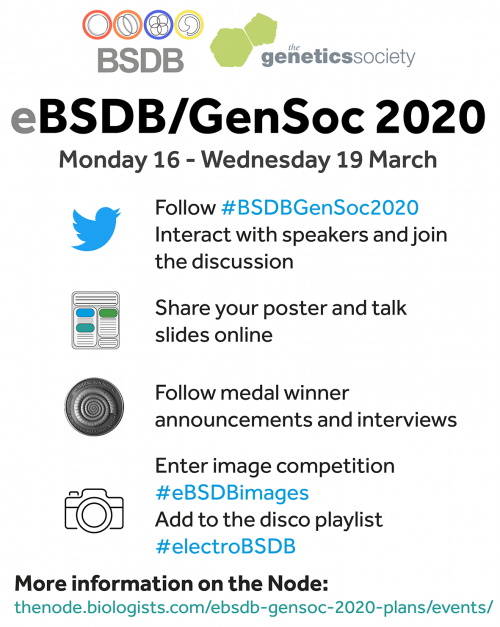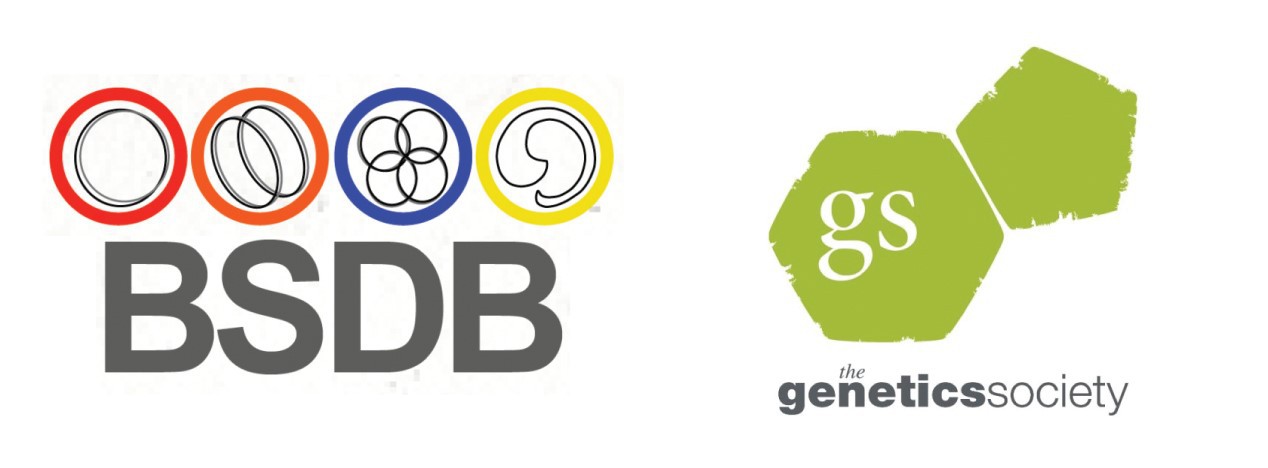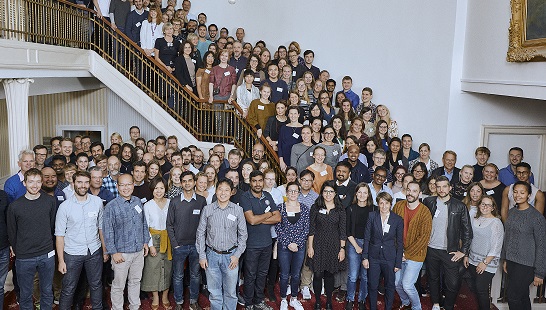3 Marie Skłodowska-Curie Ph.D Fellowships in Cell, Developmental and Cancer Biology
Posted by Daria Barsuk, on 17 March 2020
Closing Date: 15 March 2021
NEUcrest is a four-year project, funded by the European Union Horizon 2020 Programme. The neural crest is an essential stem cell population of the vertebrate embryos. The project focuses on integrating academic, clinical and industrial research for a better understanding of neural crest development and neural crest related diseases. The NEUcrest network comprises 20 partners in academia, industry and hospitals from seven European countries.
Projects are available in the following labs and companies below.
Applicants are encouraged to apply to more than one project if they are interested. Please note some different deadlines apply:
ESR 5, supervised by Grant Wheeler (University of East Anglia, Norwich, UK): See the file with description
ESR 5: Modelling Neurocristopathies in Xenopus, mechanisms and drug screening
ESR 7 or 8 supervised by Gerhard Schlosser (University of Galway, Ireland): See the file with description
ESR 7: Neural crest specification: elucidating the early origin of neural crest hypoplasia
ESR 8: Role of Sox9/Sox10 in syndromic neurocristopathies
ESR 13 supervised by Carmit Levy (Tel Aviv University, Israel)
ESR13: Tissue environment and melanocyte differentiation: role of the adipocytes
Training for transverse skills in outreach and industrial managements are deeply embedded in the programme. The NEUcrest ITN and PhD project is due to start in January 2020. Studentships can start anytime from now until October 2020.
Candidate Specification: First degree or Masters in Biological Sciences, Cell Biology, Genetics and Molecular Biology. Mobility requirement: Applicants must not have been based in the country of desired Ph.D. position for more than 12 months in the last 3 years prior to recruitment.
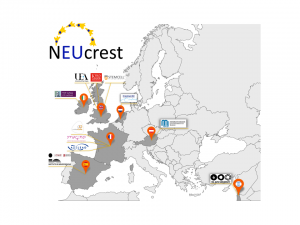
_______________________________________________________________
Personal data disclaimer: Please note that in order to demonstrate fair equal recruitment and to provide statistical data on the recruitment for MSCA program, NEUcrest management team may need to retain the following personal data of all applicants: full name, gender, nationality, copy of the CV.
In this case data will be preserved till maximum up to 5 years after the termination of the NEUcrest grant.
By applying for the advertised positions the applicant automatically gives the authorization to store his/her personal data.
The applicant may refuse, without having to give any explanations, the preservation of the data. In this case he/she needs to inform about it the management team of NEUcrest consortium upon submitting the application or sending a request at daria.barsuk@curie.fr or neucrest@gmail.com.
This disclaimer solely expresses the needs of the NEUcrest consortium and not the recruiting institutions – NUI Galway, UEA or Tel-Aviv Ubiversity.


 (No Ratings Yet)
(No Ratings Yet)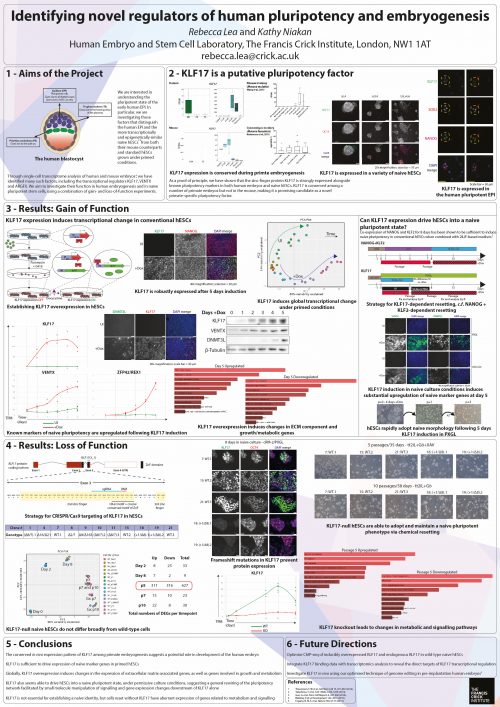
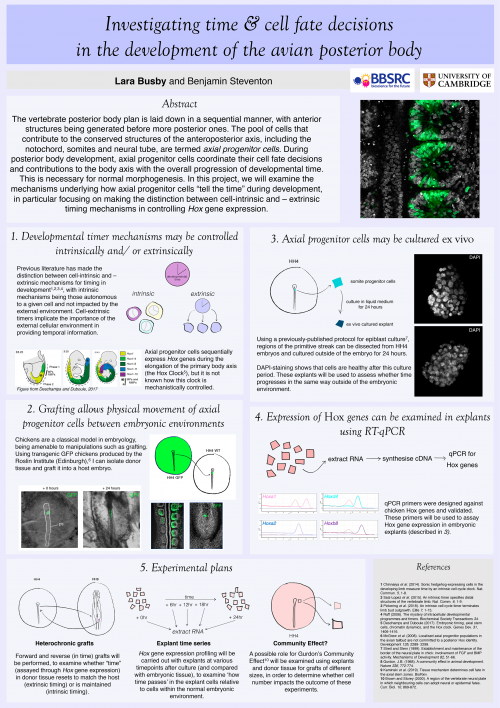
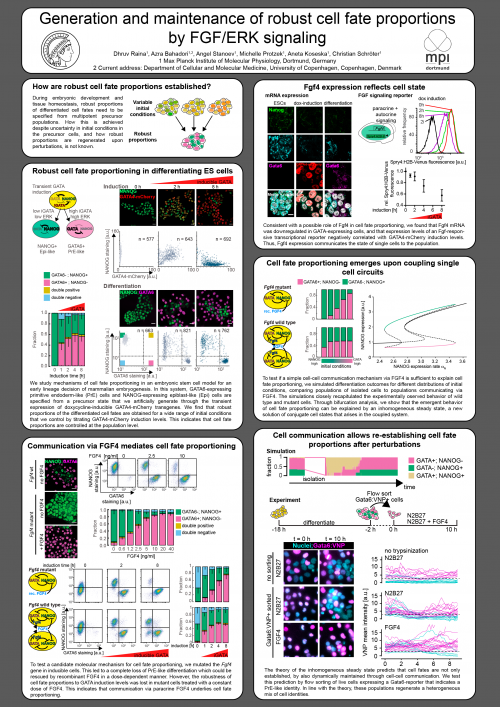
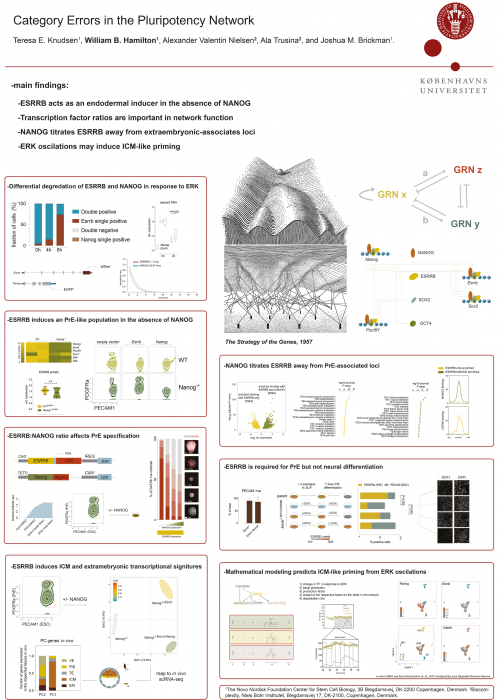
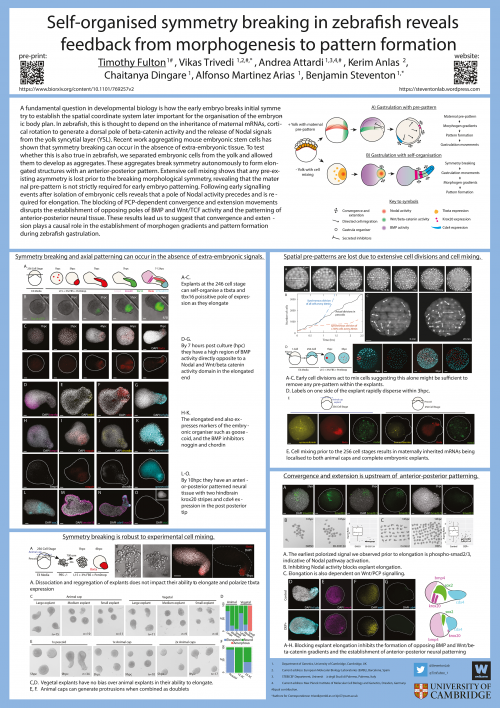
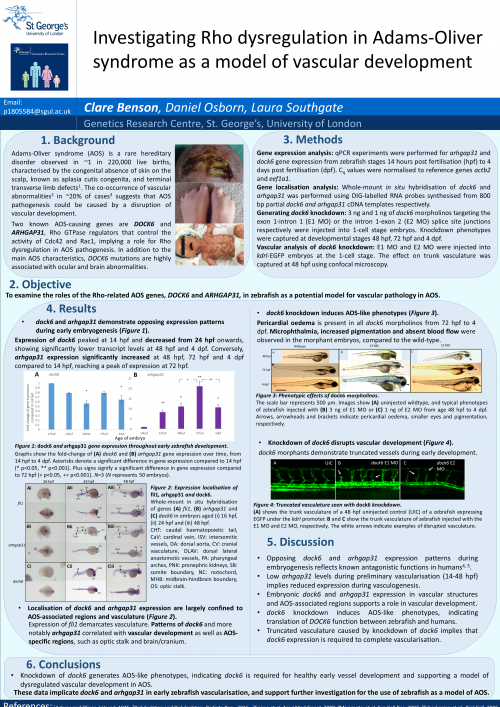
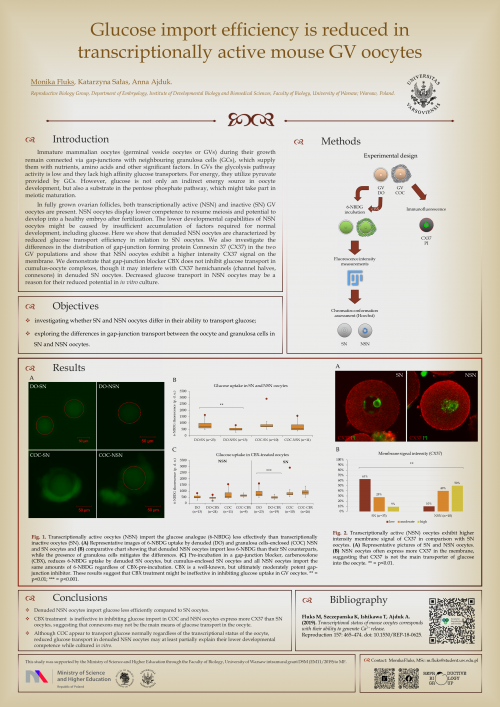
 (2 votes)
(2 votes)










